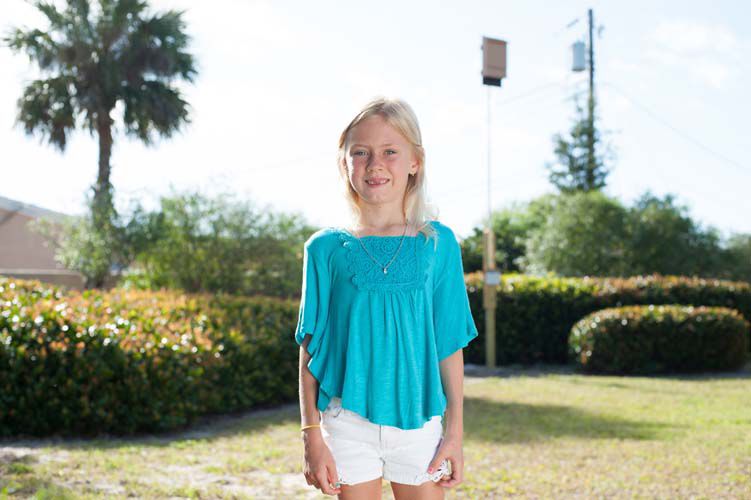
Sometimes the smallest voice is heard the loudest as was the case with Satellite Beach joining a growing list of Brevard cities building bat houses to recruit tiny mosquito eaters.
Building official John Stone had encouraged the city to consider building bat houses since attending a 2016 workshop on the subject at Rockledge Gardens conducted by bat expert Shari Blissett-Clark, of Merritt Island, with the Florida Bat Conservancy (Floridabats.org).
Most bats living in Florida prefer to roost in mature trees, dead trees or in caves. However, many bats to their detriment take up residence in buildings, or other manmade structures, due to loss of habitat. Bat houses which cost about $300 provide alternative roost sites for Florida’s colonial bat species and can hold hundreds of bats – each of which can consume 1,000 mosquitos per night – serving as an eco-friendly alternative to aerial spraying of pesticides for mosquitoes.
“Everybody was really psyched about it initially but I wasn’t able to get any positive traction on it because we were real busy at the city then,” Stone said. “Then 7-year-old Kierstin Paulsson comes forward [asking that bat houses be built], all of the sudden it’s the best thing since sliced bread and I’m really glad.”
Kierstin’s mother Roni Paulsson explained that her daughter got interested in building a bat house when she was just 6. She had learned that bat numbers were going down, in part because trees where they roost were being cut down.
“We decided it could be a summer project,’’ she said.
The Paulssons met with City Manager Courtney Barker and action came quickly. On Nov. 2, the City Council approved $1,500 from the Recycling Trust Fund to purchase six bat houses, which have since been installed at City Hall, the Community Garden, Elwood Park, High Tower Beach, the pond at the public library and on Samsons Island.
“[Courtney Barker] responded with enthusiasm to meet Kierstin in person and hear what she had to say,” Roni Paulsson said. “It has been a great learning experience for her to see that she can have an influence at such a young age. The city has helped teach her that children’s voices are important.”
Added Kierstin: “It is important to keep all species from extinction and protect the planet because it all works together.”
Other cities with bat houses include Rockledge and Melbourne Beach, and Titusville officials are considering installing some, according to Florida Bat Conservancy.
“We think that six bat houses will at least put enough out there to get some public education going,’’ Stone said. “What I encourage is for everybody who can to have one in their backyard. I have one in mine. I was trying to get the city to set the example.’’
Melbourne Beach has plans for 24 total bat houses. Eight are installed now with plans to install the next eight in 2017, Blissett-Clark said.
Bat houses are best made about 12-18 feet high, oriented east-west in direct sun near stagnant water with a back ledge for a landing pad. Internal vertical baffles about an inch apart that don’t reach the top serve as a place for bats to gather, she said. “We’ve learned a lot about bat houses over 30 years and what we first learned is how not to build them because they were not occupied.”
The Bat Conservancy monitors about 450 bat houses throughout the state with about 70 percent occupied within the first year, she said.
Melbourne Beach bat houses installed in October 2016 will be inspected soon to see if bats have arrived, she said.
“The whole focus is not just to help conserve bats because they are a protected animal; the bigger value for people who live in these communities is that the bats will help rebalance insect populations so that hopefully they will have to rely less on insect control through pesticide use,’’ she said.
And it’s often her youngest audiences that get the concept the quickest, she said.
“I bet I talk to 10,000 kids a year about bats. We’re always working on young people, giving them the facts about bats so they can teach their families about them,’’ Blissett-Clark said.



